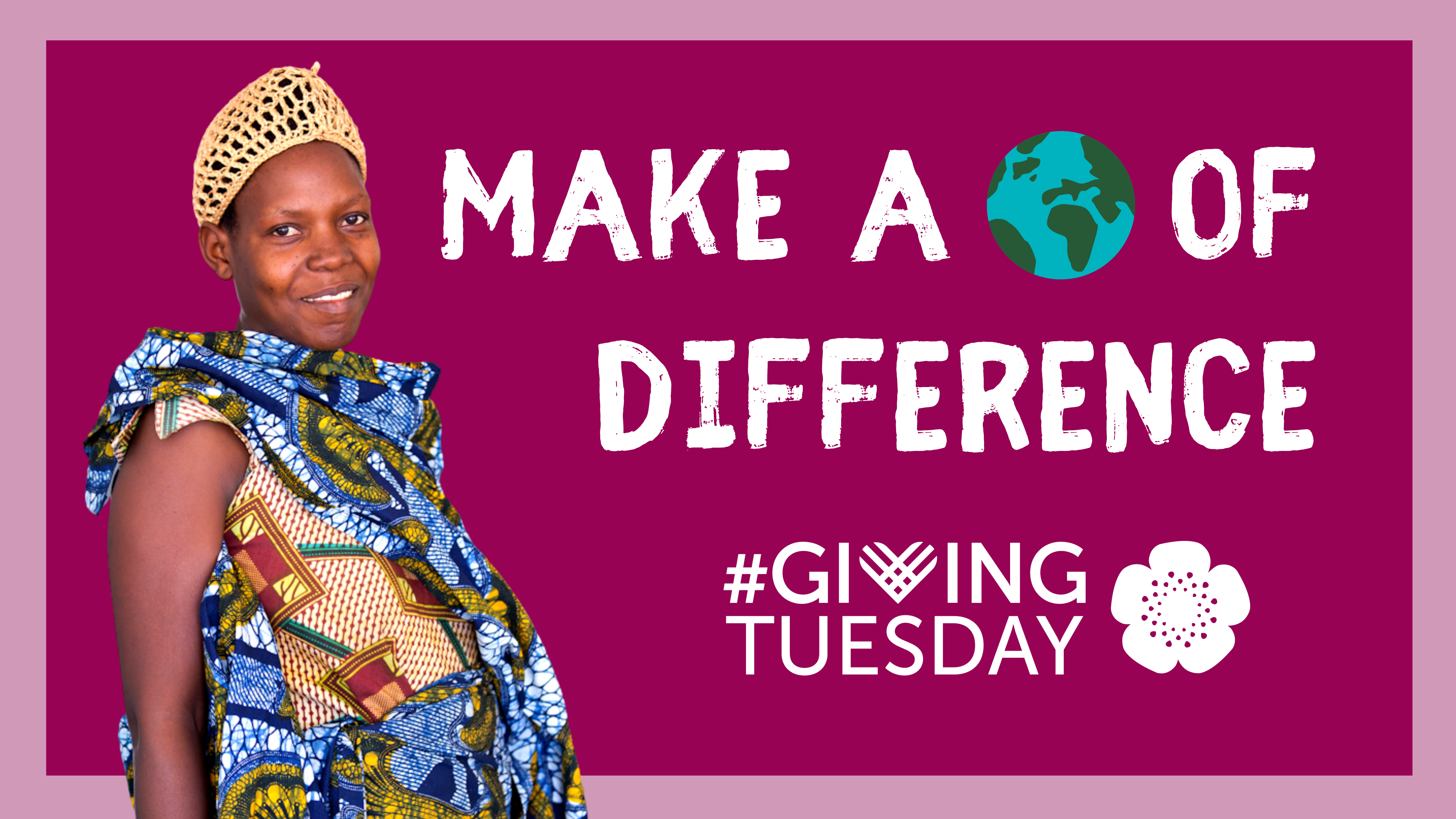
By AnnaMarie Houlis for Fairygodboss
While June celebrates Pride Month, many companies offer benefits that support the LGBTQ+ community all year round (as they should!).
The positive impact these benefits make extends outside of the LGBTQ+ community, as inclusive policies are appealing to all workers. One 2017 Deloitte study suggests that 80 percent of respondents said they look for employers that are inclusive — and 72 percent are willing to leave their current job if they find another company that is even more inclusive.
As more companies today make conscious strides in their diversity and inclusion efforts, the following LGBTQ+ friendly benefits should absolutely be on their radar.
1. Paid Parental Leave and Family-Building Benefits for All
The United States is the only developed country in the world that doesn’t mandate paid parental leave, according to a Pew Research Center analysis of 41 countries. While other countries offer robust leave to their citizens — with Denmark offering a year of paid leave, France 16 weeks, Mexico 12 weeks, and Afghanistan 13 weeks — in the U.S., only five states and Washington D.C. mandate any kind of paid leave. For the LGBTQ+ community (and all couples, for that matter), having access to paid parental leave for both parents is crucial. While giving fathers leave levels the load of parenting responsibilities for heterosexual couples and encourages equality in the home, adequate paid parental leave for two fathers, for example, is just plain necessary to raise a family.
An even better option for companies? Offering a yet-more inclusive paid “caregiving leave,” which better acknowledges the needs of caregivers outside of the traditional (and heteronormative) framework of biological families. Family building can take a variety of different forms. And all of those forms are deserving of support, be it through adoption assistance or family-building benefits like IVF (but more on that later).
2. Paid Sick Leave
Like parental leave, the United States does not require paid family or sick leave on a national level, either. While the federal Family and Medical Leave Act (FMLA) requires eligible employers to provide unpaidfamily leave, there isn’t a federal requirement for paid leave or sick days. So, as such, employees rely on voluntary employer policies, and many are forced to trade their vacation time for it.
This is especially important for the LGBTQ+ community, which already faces discrimination when seeking health care. That many LGBTQ+ workers don’t get time off when they’re sick is only compounded by the fact that, if they do get some time to seek out a doctor, they’ll often face discriminatory treatment.
In fact, 56 percent of LGBTQ+ individuals have confronted discrimination while seeking medical treatment, including the absence of proper gender designation on medical intake forms and the refusal to provide specific and necessary services. Specifically, one in four queer people has reported experiencing some form of medical discrimination just in the last year. Another survey by the National Center for Transgender Equality and the National Gay and Lesbian Task Force suggests that 19 percent of trans and gender non-conforming people have been refused care because of their identity. Which is likely why 28 percent of trans and gender non-conforming people have postponed medical care when sick or injured.
Which all goes to say, the LGBTQ+ community may need more time finding a doctor who supports and acknowledges their identities — meaning they will need that paid time off to do so.
3. Professional Development Opportunities
On-the-job development services are important for all employees. In fact, according to a 2008 survey by Catalyst, a group of “high potential” women who graduated from top MBA programs worldwide were still paid $4,600 less in their first post-MBA jobs, occupied lower-level management positions and had significantly less career satisfaction than their male counterparts with the same education levels. And, when the Harvard Business School had analyzed the results of that study, the researchers found that the main difference between the high-performing women and men was the type of on-the-job development they’d received.
For the LGBTQ+ community, career services are equally important. The community needs access to services that not only help them to progress in their careers but also to navigate topics like coming out at the office, knowing their rights and the legal and moral obligations of their employers, transitioning in the workplace, networking with other LGBTQ+ peers, and more. To the latter end, creating a LGBTQ+ employee resource group if your company doesn’t already have one is a great place to start.

4. Student Loan Repayment Program
Americans are in debt, plain and simple. For example, more Americans face student loan debt than ever before, with millennials, in particular, owing a staggering sum of over $1.48 trillion spread out among about 44 million borrowers, according to 2018 estimates.
The LGBTQ+ community is especially impacted by this kind of debt. LGBTQ+ borrowers reportedly feel concerned about their education debt, for example, with more than half (60 percent) regretting the decision to take out student loans, according to a survey from Student Loan Hero. More than a quarter of LGBTQ+ student loan borrowers (28 percent) feel that their debt is unmanageable, which makes sense given that LGBTQ+ respondents have $112,607 in student loan debt, about $16,000 more than the general population average of $96,211.
A student loan repayment program would, therefore, help everyone in debt but particularly the LGBTQ+ community.
5. Reimbursement for Fertility Treatment
Reimbursement for fertility treatment is becoming an ever more popular benefit. In fact, over 400 United States-based companies offer benefits for fertility treatments, according to data collected by Fertility IQ. For example, Starbucks offers part-time employees infertility coverage after just one month on the job. And other companies such as the Bank of America, Tesla and Spotify offer unlimited in vitro fertilization (IVF) coverage to their employee.
It’s an important and appealing benefit because IVF can be upwards of $20,000 in most major cities per cycle, according to research put out by FertilityIQ. And, as many same-sex couples turn to IVF to start and build their families, companies can financially support them through this process.
6. Paid Volunteer Time
Customer Relationship Management (CRM) platform Salesforce is known for offering its employees exceptional benefits, such as paid time off for volunteering, as well as up to $5,000 to put toward the charitable non-profit cause of their choice.
This kind of benefit can help all employees contribute to a number of different LGBTQ+ causes and support the community in a variety of different ways — through both volunteered services and financial contributions.
7. Retirement Programs
According to Student Loan Hero, LGBTQ+ borrowers are more likely than the general population to make less than $50,000 a year. And, furthermore, by the fact that almost one-third of LGBTQ+ respondents report being denied financial help.
As such, the LGBTQ+ community is less prepared for retirement, according to the same Student Loan Hero survey. Only 47 percent of LGBTQ+ people have a retirement savings vehicle, compared to 56 percent of the general population. Thus, a retirement program is a hugely beneficial way employers can show support to all their talent, but particularly to LGBTQ+ employees who may have additional need for it.

AnnaMarie Houlis is a feminist, a freelance journalist and an adventure aficionado with an affinity for impulsive solo travel. She spends her days writing about women’s empowerment from around the world. You can follow her work on her blog, HerReport.org, and follow her journeys on Instagram @her_report, Twitter @herreportand Facebook.
This article originally appeared on Fairygodboss. As the largest career community for women, Fairygodboss provides millions of women with career connections, community advice, and hard-to-find intel about how companies treat women.
















